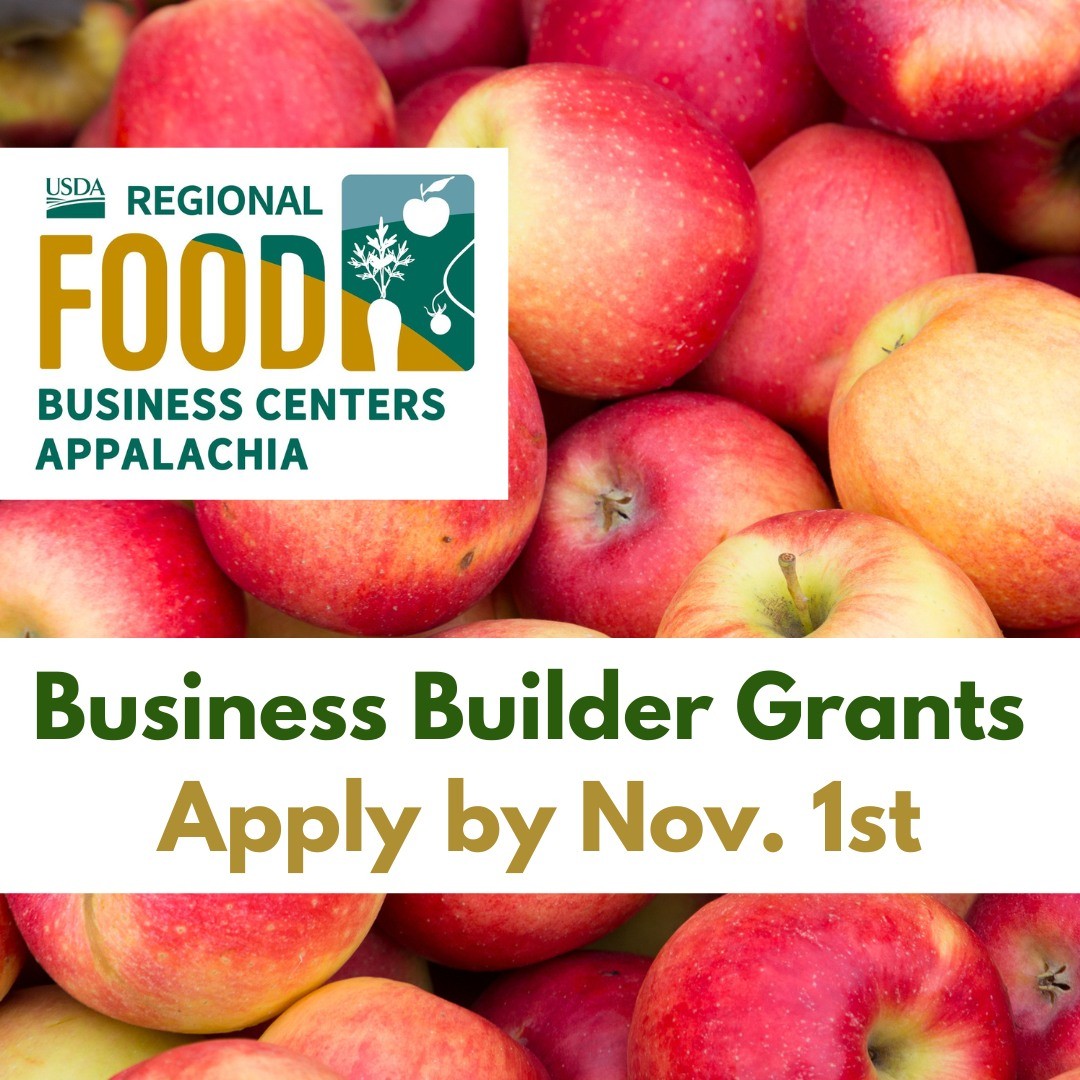From nwi.com by Joseph S. Pete
Think about agriculture, and a Gary streetscape with boarded-up storefronts and vacant buildings is probably one of the last backdrops that comes to mind.
But an entrepreneur wants to bring the farm into the inner city.
Nik Jolakoski is planning to launch Gary Urban Farms later this year. He is working on an Indiegogo or Kickstarter campaign and been in talks with city officials about opening an indoor farm in an abandoned warehouse.
The plan is to take over a 4,000-square-foot building and establish an aquaponic system that would allow him the company to grow kale, spinach, tomatoes and herbs year-round. Aquaponics is a way of growing crops vertically on raised beds by drawing nutrients from fish kept in tanks. No soil is involved.
All the crops would be organic and non-genetically modified. Jolakoski hopes to sell the fresh locally grown produce and herbs like basil, thyme and parsley to restaurants throughout Northwest Indiana, including in Valparaiso and Gary’s Miller Beach neighborhood.
Nationally, organic food sales grown by a stratospheric 3,400 percent since 1990 to an estimated $35 billion this year, according to the Organic Trade Association. Non-genetically modified foods, or those that have not been genetically engineered to be more resistant to herbicides or to taste better, also have been experiencing rapid growth. Market researcher Packaged Facts estimates non-GMO food sales could reach $264 billion by 2017, accounting for 30 percent of the U.S. market.
Urban farms also have been catching on in popularity, as more consumers crave locally grown food, either because it is fresher or generates fewer emissions. Green Sense Farms grows leafy vegetables and herbs under LED grow bulbs in a 30,000-square-foot warehouse in the AmeriPlex at the Port business park in Portage. Valparaiso Shrimp Co. also raises salt-water shrimp in a warehouse and sells them to restaurants and at farmers markets.
“There’s a lot of small restaurants that should be interested with the whole farm-to-table movement,” he said.
Gary Urban Farms would start out small with about 26,000 plants and a few employees, Jolakoski said. But his method of growing insulates him from the seasons, and ensures he could keep harvesting leafy greens and other vegetables year-round.
The enterprise would be a for-profit business, but with a strong philanthropic streak. Jolakoski wants to distribute the food at groceries stores and food marts in impoverished areas in Gary, to ensure that residents have fresh, healthy alternatives to processed foods. Gary Urban Farms also would sponsor and help residents plant their own community gardens, and purchases supplies mainly at local businesses.
Jolakoski is an Indiana University Northwest student, who expects to graduate as soon as this summer with a degree in computer information systems and a minor in business. He’s from Winfield, which he describes as the polar opposite of Gary.
But his heart is in the Steel City, where his steelworker father immigrated to 27 years ago, and where he still works today.
“It’s in a neglected state,” he said. “So many people have turned their backs on Gary, and I just want to do something. I go through the city every day, and feel so bad for it. It was once a prominent city that’s now decaying and withering. It had a 160,000, 170,000 residents, and now has 70,000. I want to help lead a revival, a revival through growth.”



